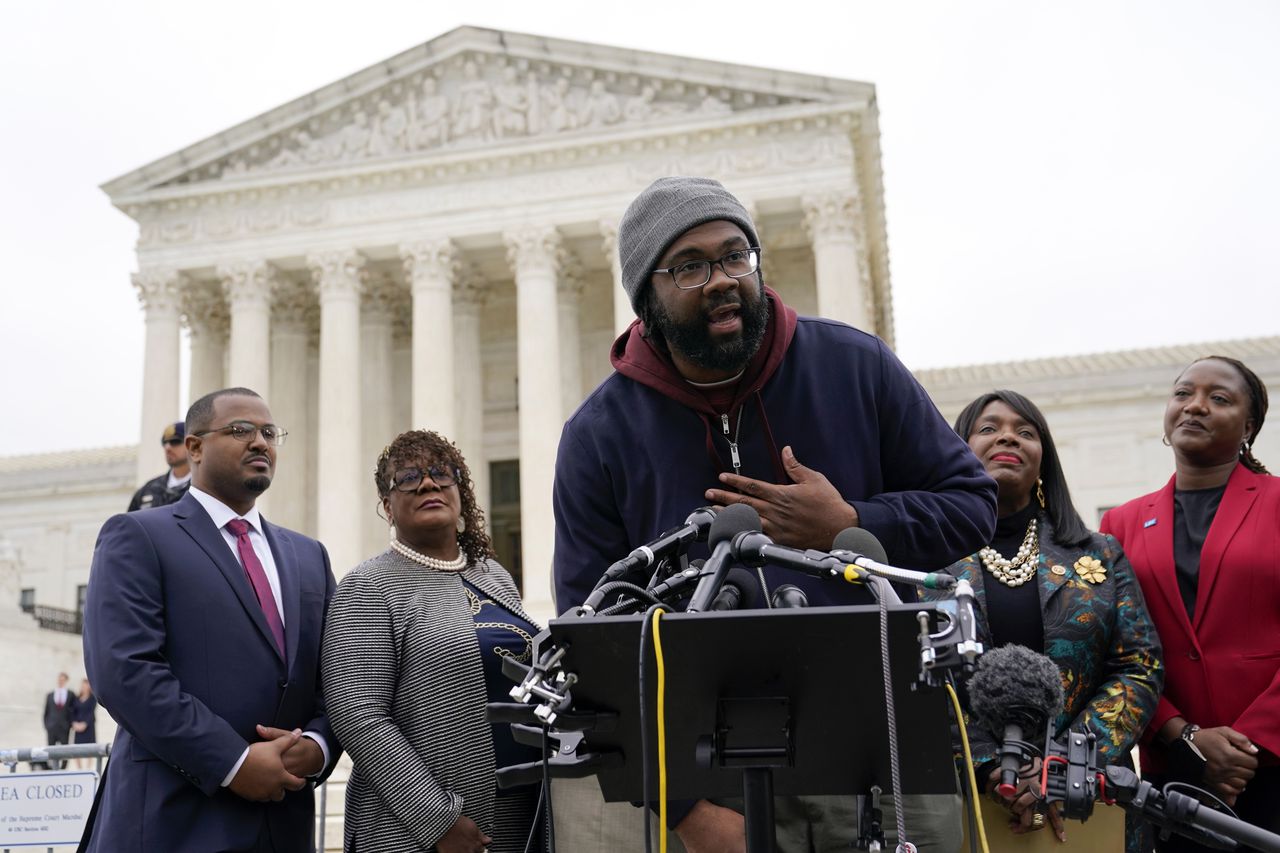US Supreme Court refuses Alabamaâs request to use GOP-drawn congressional district map
The U.S. Supreme Court today declined to block a ruling by a three-judge district court that is preparing to draw a new congressional map for Alabama to use in next year’s elections.
In a one-sentence order, the justices denied Alabama’s request for an emergency stay on the ruling by the three-judge court, which found the map approved by the Legislature in July likely violates the Voting Right Act.
The three-judge district court ordered a cartographer and special master it has appointed to submit three proposed maps. Special Master Richard Allen submitted three proposed maps Monday.
Parties in the case will have three days to file objections to the proposed maps.
On Sept. 5, the three-judge court ruled in favor of the organizations and Black voters who said the Republican-controlled Legislature defied their instructions that the map should have a second district where Black voters have an opportunity to elect a candidate of their choice.
The Legislature’s new map left District 7 in west Alabama as the only majority Black district out of seven in a state where one-fourth of residents are Black.
The state’s lawyers argued that its map follows redistricting principles of keeping communities of interest together, compactness, and minimizing splits of county lines. The state said the court’s instructions would have required a racially gerrymandered map.
The three-judge court has scheduled a hearing for Oct. 3. Secretary of State Wes Allen has told the court the state needs a new map ready by early October to prepare for next year’s elections.
In a report to the court on Monday, Special Master Richard Allen said his three proposed maps all create a second opportunity district for Black voters. That is in District 2, which would have a Black voting age population of close to 50% on all three plans.
An analysis of 17 recent elections including with the report shows that the Black-preferred candidate would have won most of the time.
Most of the substantial changes on Allen’s proposed are to Districts 1 and 2. Allen’s report said two of the three proposals are variations of a map proposed by the plaintiffs in the case during the legislative session.
Allen’s proposed maps, drawn by court-appointed cartographer David Ely, all retain District 7 as a majority Black district, as it has been since 1992.
